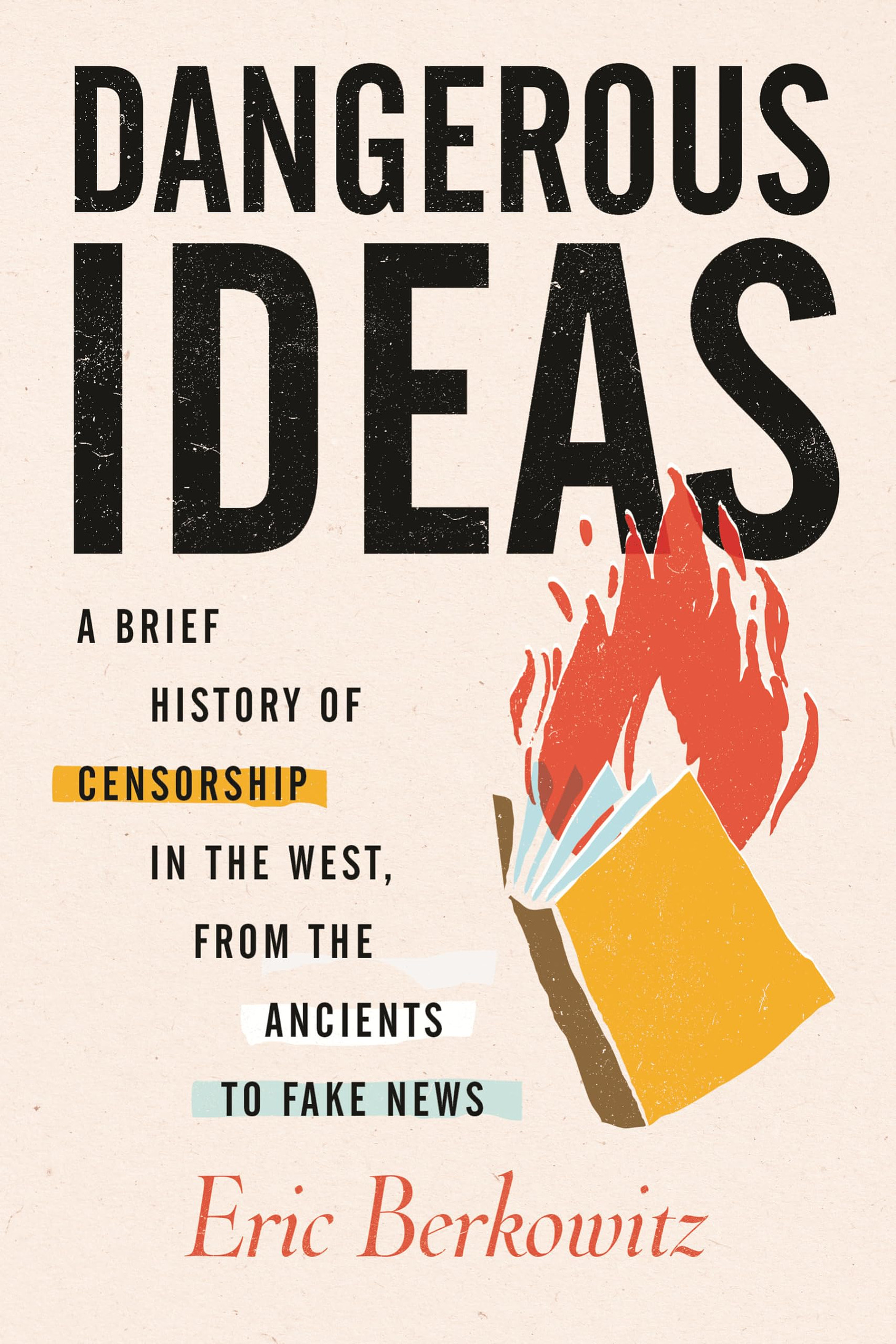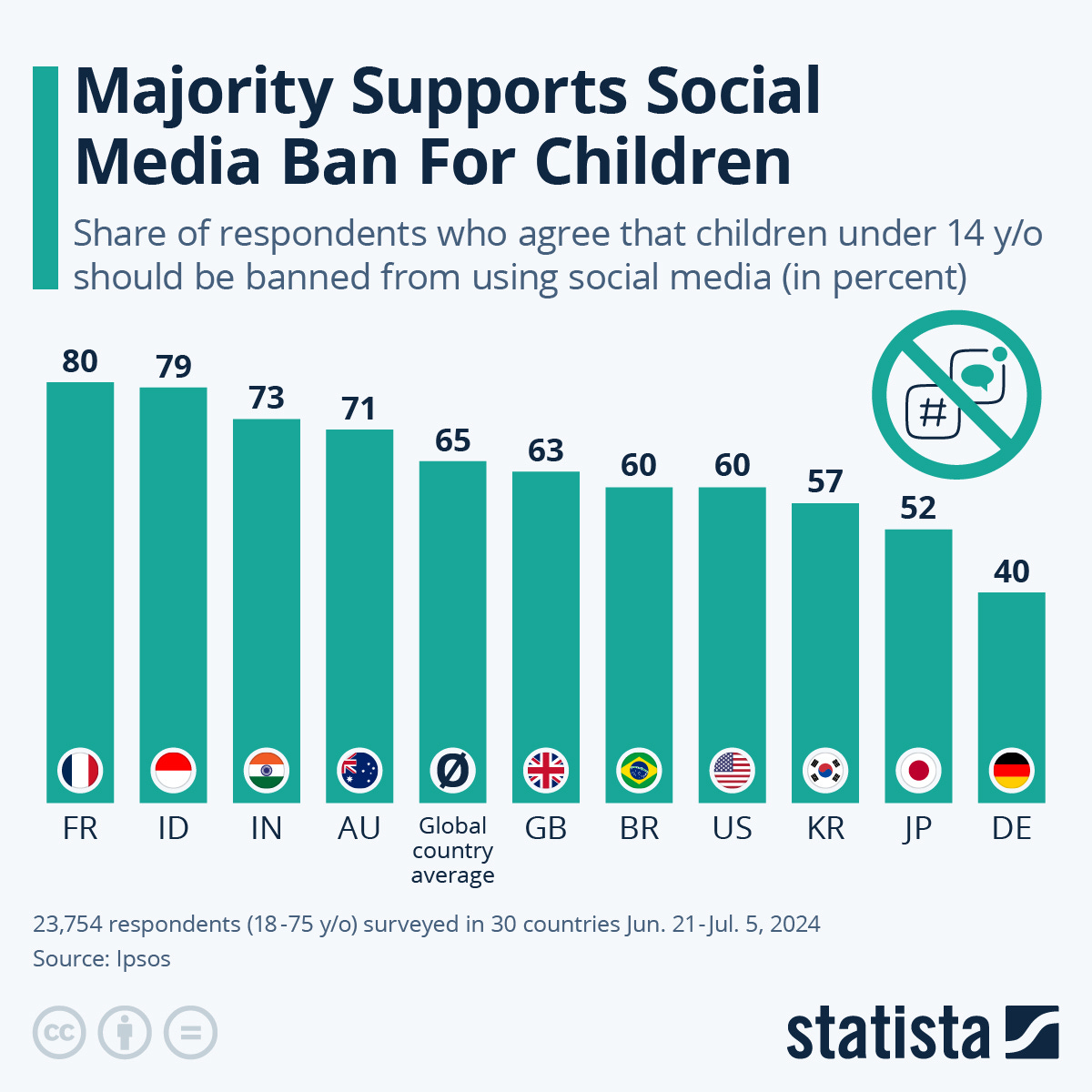This week…
Your reading time is about 5 minutes. Let’s start.
“It has been a testing week for democracy across Europe and Asia,” went the first line of The Observer’s editorial this week. But guys, in the US, there is a very wanted man and yet the Internet sleuths are standing down during his manhunt! I think some are deliberately doing what they are really best at: spreading bogus theories, identifying false leads, and directing the authorities to carry out baseless chases… and that is just so funny to me.
(I actually wanted to talk about something a lot more banal this week: the unjustified violence against em dashes. But we’ll have to wait for the next Block—perhaps.)
Your Wikipedia this week: Feuilleton
And now, a selection of top stories on my radar, a few personal recommendations, and the chart of the week.
ICYMI: The Previous Block was about democracy and the media in Romania, Israel, Pakistan, Sweden, and other places outside the US/UK. FWIW:
Romanian court annuls result of presidential election first round by Sarah Rainsford for BBC.
European Commission orders TikTok to preserve all data on Romanian election by Pieter Haeck for Politico.eu.
CORRECTION NOTICE: None notified. ON DEMOCRACY/FAR-RIGHT
Why did South Korea’s president declare martial law—and what now?
Frances Mao and Jake Kwon for BBC:
Yoon Suk Yeol was voted into office in May 2022 as a hardline conservative, but has been a lame duck president since April when the opposition won a landslide in the country’s general election.
His government since then has not been able to pass the bills they wanted and have been reduced instead to vetoing bills passed by the liberal opposition.
He has also seen a fall in approval ratings—hovering around lows of 17 per cent—as he has been mired in several corruption scandals this year, including one involving the First Lady accepting a Dior bag, and another around alleged stock manipulation.
Just last month he was forced to issue an apology on national TV, saying he was setting up an office overseeing the First Lady’s duties. But he rejected a wider investigation, which opposition parties had been calling for.
Then this week, the opposition proposed slashing a major government budget bill—which cannot be vetoed.
At the same time, the opposition also moved to impeach cabinet members and several top prosecutors—including the head of the government’s audit agency—for failing to investigate the First Lady.
Yoon narrowly survived the impeachment vote. Loosely linked:
Germany’s far-right AfD party nominates a candidate for chancellor in the upcoming election by Kirsten Grieshaber for AP. Bring on the fancams!
French far-right leader Marine Le Pen claims government collapse is not a victory by Sophia Khatsenkova for Euronews.
Georgia protests: What’s behind them and what’s next? by Sarah Shamim for Al Jazeera. I thought Jinx was behind them.
Bashar Al-Assad overthrown, curfew declared in Damascus by Stephen Quillen and Urooba Jamal for Al Jazeera.
Impeachment motion against South Korea president fails in National Assembly by Daniela Pulido for Jurist.
ON AI/TECH
When AI summaries replace hyperlinks, thought itself flattens
Collin Jennings for Aeon:
One reason hyperlinks work like they do—why they index other kinds of affiliation—is that they were first devised to exhibit the connections researchers made among different sources as they developed new ideas. Early plans for what became the hypertext protocol of Tim Berners-Lee’s World Wide Web were presented as tools for documenting how human minds tend to move from idea to idea, connecting external stimuli and internal reflections. Links treat creativity as the work of remediating and remaking, which is foregrounded in the slogan for Google Scholar: ‘Stand on the shoulders of giants.’
But now Google and other websites are moving away from relying on links in favour of artificial intelligence chatbots. Considered as preserved trails of connected ideas, links make sense as early victims of the AI revolution since large language models (LLMs) such as ChatGPT, Google’s Gemini and others abstract the information represented online and present it in source-less summaries. We are at a moment in the history of the web in which the link itself—the countless connections made by website creators, the endless tapestry of ideas woven together throughout the web—is in danger of going extinct. So it’s pertinent to ask: how did links come to represent information in the first place? And what’s at stake in the movement away from links toward AI chat interfaces?
Loosely linked:
Companies in Mexico embrace AI to resurrect the dead by Daniela Dib for Rest of World.
Stop using generative AI as a search engine by Elizabeth Lopatto for The Verge.
How AI monitoring is cutting stillbirths and neonatal deaths in a clinic in Malawi by Caroline Kimeu for The Guardian.
Ghana’s election 2024: Technology and the changing nature of political competition by John Osae-Kwapong for CIGI.
In Brazil, proposed AI regulation might compromise fight against child abuse material by Sofia Schurig and Julianna Granjeia for Núcleo.
DeepMind AI weather forecaster beats world-class system by Alix Soliman for Nature.
Other curious links, including en español et français
LONG READ | How Ethiopia’s digital underground revenge porn industry preys on young women by Kalaeb Girma for Shega.
INFOGRAPHIC | South Korea’s short-lived martial law: How it unfolded and what’s next by Adolfo Arranz, Arathy Aluckal, Han Huang, Jackie Gu, Jitesh Chowdhury, Mayank Munjal and Sudev Kiyada for Reuters.
PHOTO ESSAY | Ukrainians face another harsh winter as Russia attacks coal country by Michael Robinson Chávez for NPR.
Los datos: el maná de la inteligencia artificial por Alexander Benalal en El Confidencial.
Rawdogging: el culto masculino a la autenticidad y el sufrimiento por Juanjo Villalba en elDiario.es.
Las paradas de autobús de Barcelona tendrán IA. Y la difícil tarea de tranquilizarnos mientras esperamos par Enrique Pérez en Xataka.
Les questions que pose la chute du gouvernement Barnier : shutdown budgétaire, affaires courantes, dissolution… par Romain Geoffroy, Romain Imbach et Assma Maad dans Le Monde.
Monokle, le logiciel espion du FSB retrouvé sur le smartphone d’un militant antiguerre Sébastian Seibt dans France24.
Conspiritualité : quand les théories du complot se mêlent à la culture du bien-être par Diamond Yao dans Pivot.
What I read, listen, and watch
I’m reading Dangerous Ideas: A Brief History of Censorship in the West, from the Ancients to Fake News (2021) by Eric Berkowitz. Who gets to dissent and who gets to terrorise?
I’m listening to QAA Podcast about whatever is going on in Brazil—failed bombing by the Joker, a World-Cup-themed assassination plot, an attempted coup, a former President’s indictment, etc.
I’m watching Legal Eagle begging people to stop hiring AI lawyers.
Chart of the week
Drawing from data from an Ipsos survey between June 21 and July 5 this year, Statista’s Anna Fleck showed that two-thirds of respondents across the 30 countries surveyed said they support a full ban on social media for children and young teens.
I need people to understand that this is about the same as saying “I believe in abstinence-only sex ed.”







